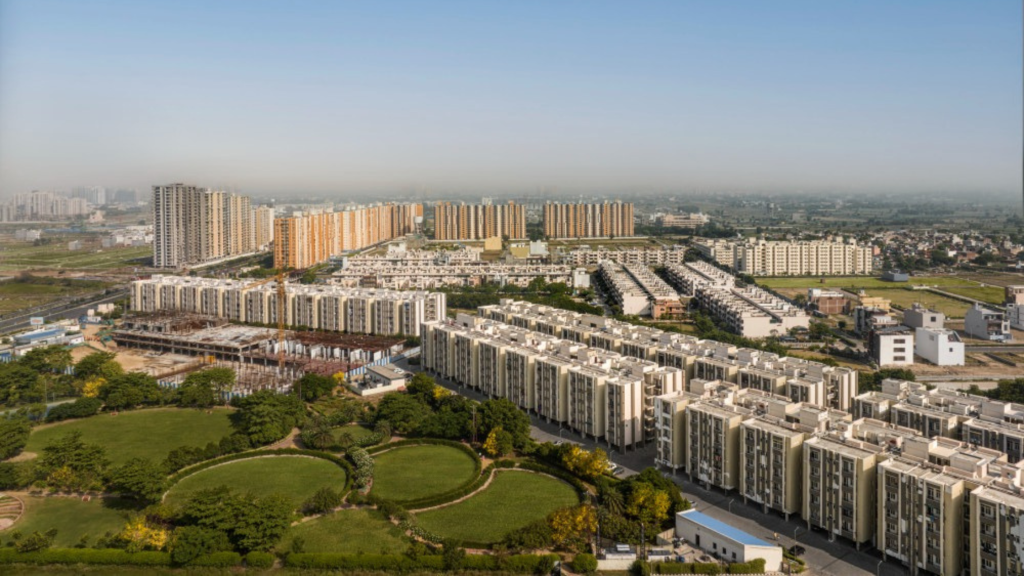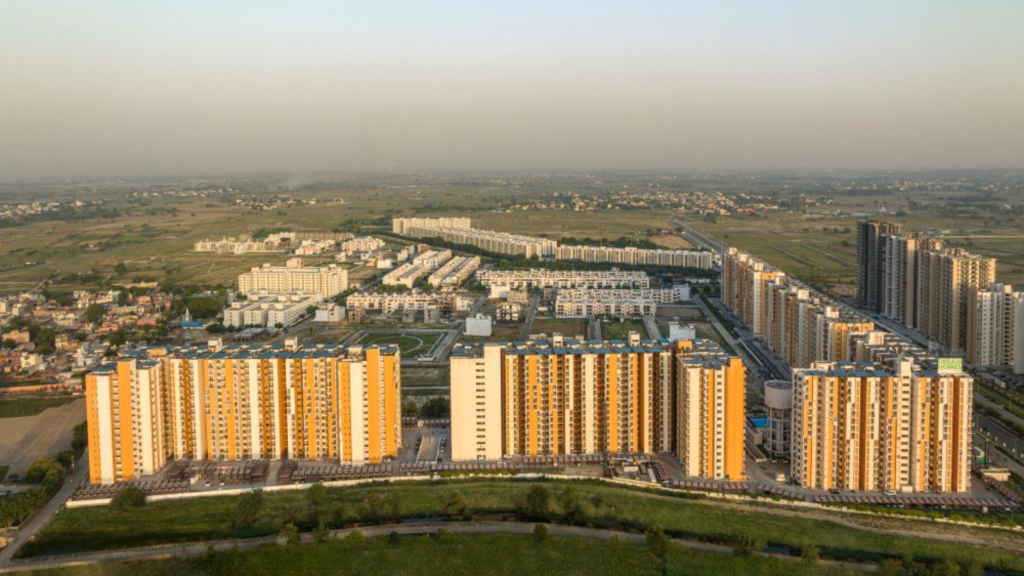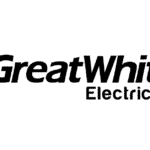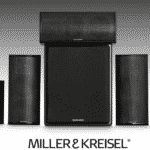
C. J. Singh, COO of Wave City, shares insights into how advanced technologies are reshaping real estate development. Under his leadership, Wave City has integrated smart automation, energy-efficient solutions, and intelligent infrastructure to enhance living experiences. In this conversation, he discusses the growing demand for smart homes, the impact of technology on property values, and how Wave City is setting new benchmarks in sustainable urban living.
Have you observed an increased demand for smart-enabled homes? How has it influenced market trends?
Yes, there has been a noticeable shift, particularly among millennials, Gen Z, and NRIs. This shift is fueled by rising disposable incomes, rapid infrastructure development, and a greater focus on sustainable living. Post-pandemic, homebuyers prioritize work-life balance, health, and community-centric lifestyles.

Our residential projects, including Veridia and Eligo, integrate top-tier smart solutions like smart water and waste management, advanced security systems, and automated energy management. These features not only improve convenience but also enhance property value, making smart homes a preferred choice for modern buyers.
Can you share examples of your projects where these technologies have been implemented?
Wave City, North India’s first operational hi-tech city, is a Pre-Certified Platinum Rated Green Township offering smart infrastructure solutions. Our integrated systems include:
- Command & Control Centre for centralized monitoring
- Smart Electric Grid for efficient energy distribution
- Automated Security Systems with video analytics
- Smart Water Management to optimize usage and reduce wastage

In addition, homes are designed for maximum natural light and ventilation, reducing dependency on artificial resources. Energy-efficient appliances, motion sensor lighting, and solar panel installations contribute to long-term sustainability.
How have smart technologies impacted operational costs and sustainability efforts?
Our investment in smart infrastructure has led to significant cost savings and enhanced sustainability. For example, our power infrastructure—featuring substations and a Ring Main Distribution System—reduces transmission losses, improves grid resilience, and ensures uninterrupted power supply.

Similarly, our smart water meters, underground monitoring systems, and waste management solutions optimize resource usage. By automating these processes, we have minimized inefficiencies, reduced operational costs, and promoted eco-friendly urban living.
What training or support do you provide homeowners to maximize the benefits of these technologies?
We have developed the Wave City App, a comprehensive platform for community engagement and smart living. The app provides:
- Utility bill payments and recharges
- Visitor and complaint management
- Notifications on new technological upgrades
Additionally, we conduct regular community meetings to educate residents on new features, ensuring they maximize the benefits of our smart solutions.

Have you collaborated with technology partners to implement these innovations?
Yes, successful smart city implementation requires collaboration. We work with leading partners at different stages:
- Instrumentation: Siemens, Schneider, ABB, L&T, Emerson, Xylem
- Connectivity: CISCO, JIO, Airtel
- Integration: AVEVA (Integrated Command & Control System), SSM Infotech
These partnerships ensure seamless automation, connectivity, and security integration across our projects.

How has the integration of smart technologies impacted property values?
Smart-enabled homes offer a compelling value proposition for homebuyers and investors. The ability to enhance comfort, reduce energy costs, and provide high-tech security features has made these properties more attractive.
India’s smart home market is projected to grow at a CAGR of 18.4% from 2020 to 2025, reflecting increasing demand. As technology-driven living becomes the norm, properties equipped with intelligent systems will continue to see higher appreciation rates.
Can you share a success story where smart solutions improved living conditions or operational efficiency?
Before implementing Smart Grid technology, our electrical distribution system relied on conventional infrastructure, leading to frequent power failures and inefficiencies. Transitioning to a smart distribution system, we installed 90+ smart 11 KV substations, equipped with fault passage indicators and automated breakers. These improvements have:

- Reduced power outages
- Lowered maintenance costs
- Enhanced overall reliability
This has directly improved residents’ quality of life by ensuring a seamless power supply while reducing operational costs.
What industry standards or certifications does Wave City adhere to?
We are IGBC (Indian Green Building Council) certified, ensuring our developments meet sustainability benchmarks. We are also actively working towards Smart Grid Forum accreditation, further strengthening our commitment to eco-friendly urban planning.
Additionally, we have incorporated smart substations across all projects, eliminating conventional electrical systems and ensuring future-ready infrastructure.

How do you balance the cost of smart technologies with affordability for homeowners?
Before implementing any technology, we conduct a feasibility study based on:
- Market availability of vendors
- Reliability and cost viability
- Financial returns (ROI and payback period)
Our approach ensures that smart solutions are integrated efficiently without excessive cost burdens on residents. Homeowners understand the value of these technologies, as they lead to long-term savings and enhanced quality of life.















